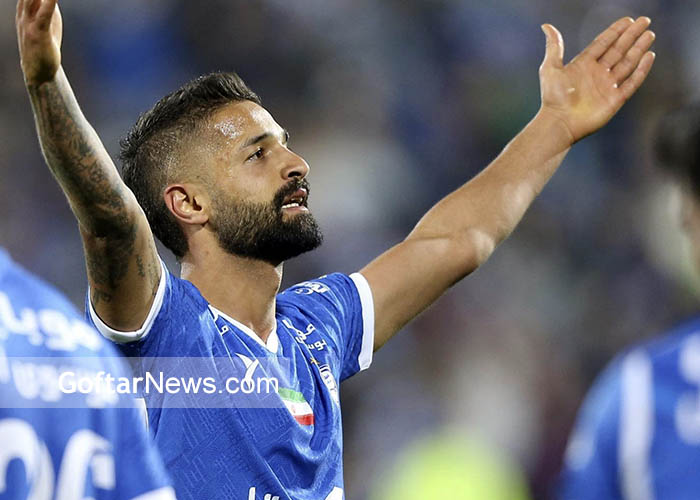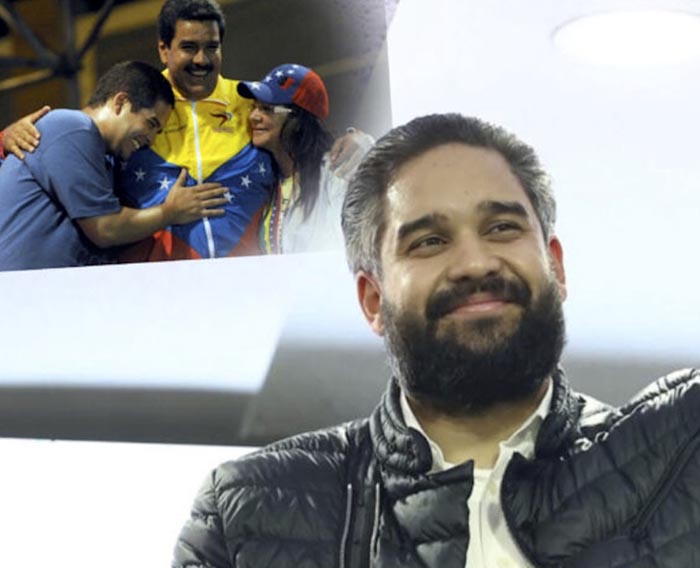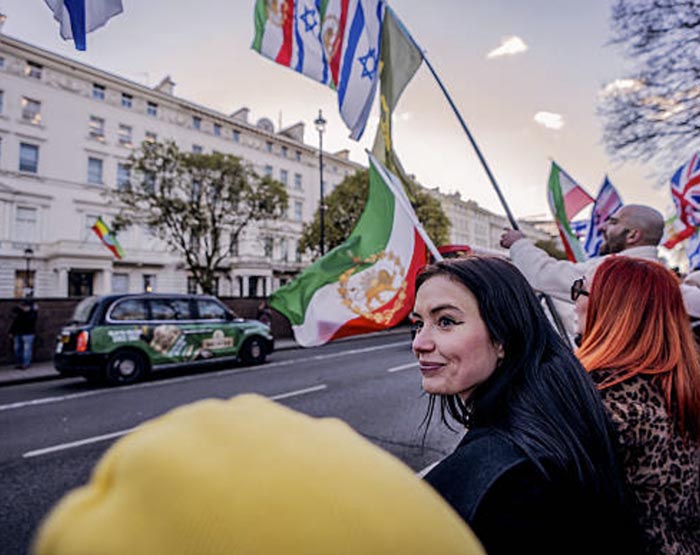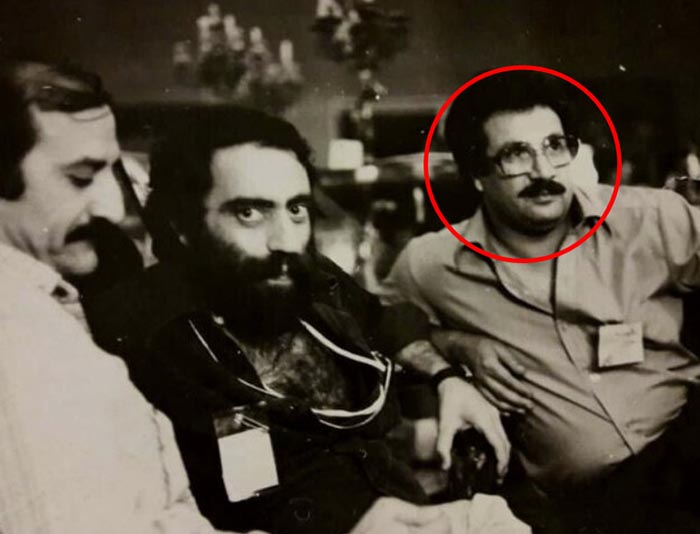Controversial Tattoos Put Armin Sohrabian’s Football Career at Risk: Ethics Committee Summoned Defender
The Ethics Committee’s Role: Balancing Cultural Norms and Personal Rights
The Iranian Football Federation’s ethics committee plays a crucial role in upholding the moral and cultural standards of the sport within the country. This role often involves navigating complex issues that arise at the intersection of cultural norms and personal rights. In the case of Armin Sohrabian, the committee’s decision to summon him reflects the broader cultural expectations placed on athletes in Iran.
However, this situation also highlights the challenges that the ethics committee faces in balancing these cultural norms with the personal rights of athletes. On one hand, the committee has a responsibility to uphold the cultural standards of the sport and ensure that athletes represent these values both on and off the field. On the other hand, athletes also have the right to personal expression, including the decision to get tattoos.
This balancing act is not unique to Iranian football. Around the world, sports governing bodies are often faced with similar dilemmas as they navigate issues of personal expression, cultural norms, and the expectations placed on athletes. The outcome of Sohrabian’s case could have broader implications, both within Iran and beyond, as sports organizations grapple with these complex issues.
The Future of Tattoos in Iranian Sports: A Turning Point?
The controversy surrounding Armin Sohrabian’s tattoos could mark a turning point in the conversation about tattoos and personal expression in Iranian sports. If the ethics committee decides to penalize Sohrabian, it could set a precedent that affects other athletes in the league, potentially leading to increased scrutiny of tattoos and other forms of personal expression.
However, this situation also presents an opportunity for change. The widespread debate surrounding Sohrabian’s tattoos has brought attention to the cultural expectations placed on athletes and the challenges they face in navigating these expectations. This debate could prompt a broader conversation within the Iranian sports community about the role of personal expression in sports and the need to balance cultural norms with the rights of athletes.
In the long term, this controversy could lead to a shift in how tattoos and other forms of personal expression are perceived in Iranian sports. As cultural attitudes continue to evolve, there may be a greater acceptance of tattoos and other forms of personal expression among athletes. This could create a more inclusive environment in which athletes feel free to express their identity without fear of backlash or disciplinary action.





